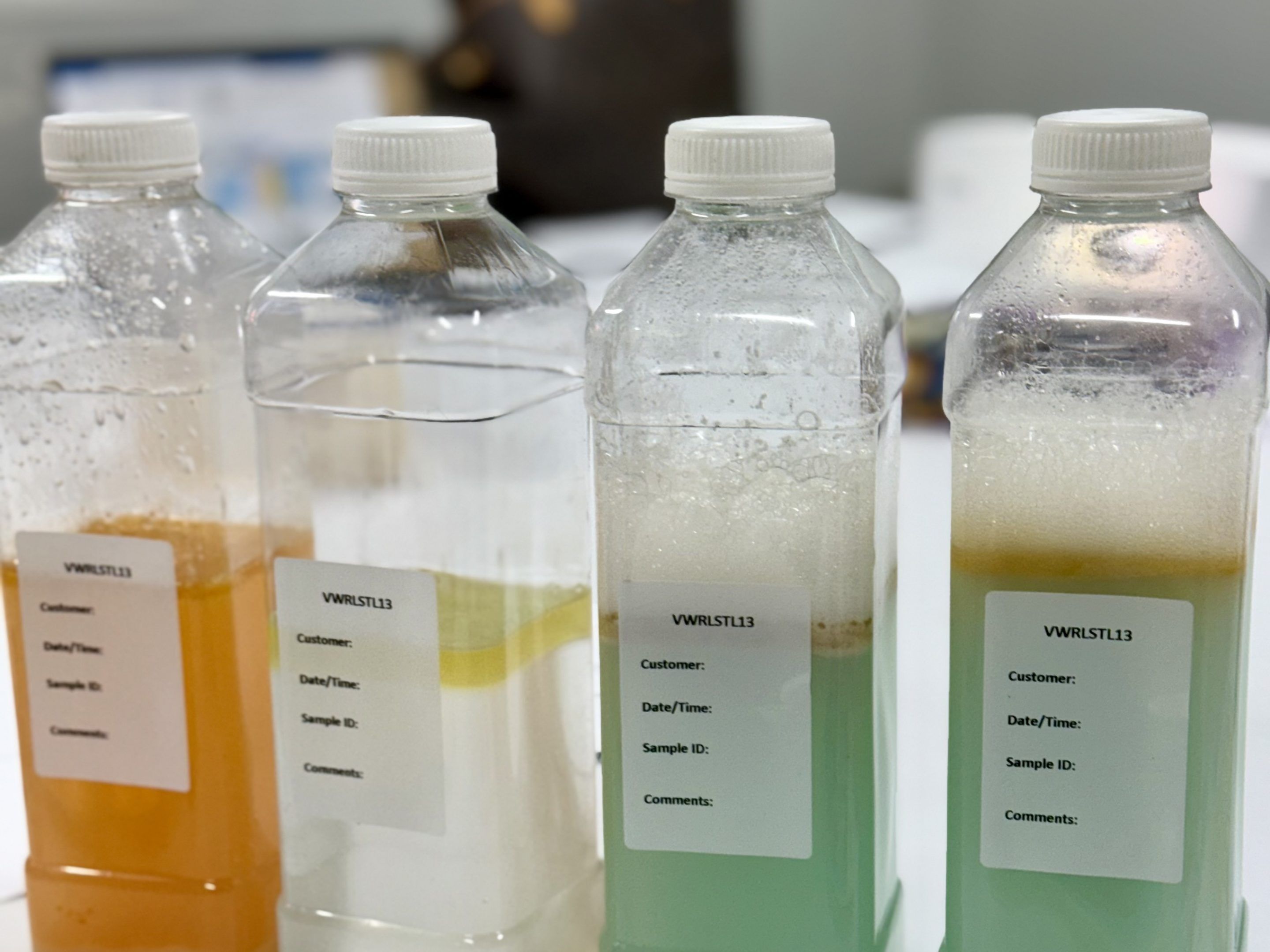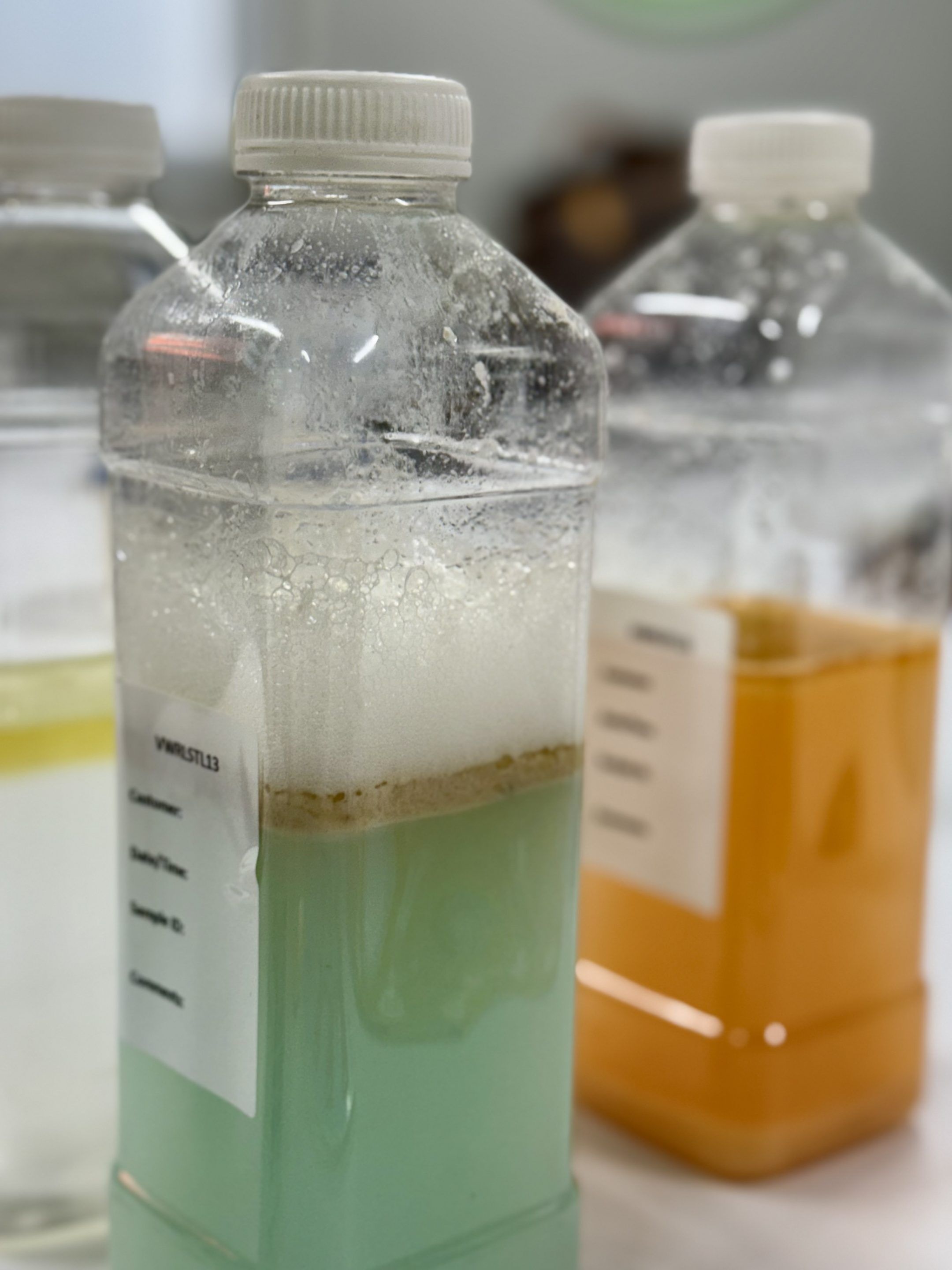Tackling FOG waste on the Isle of Wight

Southern Water’s FOG tanker workshop
Eco Clarity recently attended Southern Water’s FOG tanker workshop, an event designed to create a safe space for stakeholders to openly discuss current practices and challenges surrounding the disposal of fat, oil and grease (FOG) and grease trap waste (GTW) on the Isle of Wight.
Hosted by Stephen Williams from Southern Water, the workshop featured a live FOG demonstration, insightful presentations by the EA, and an introduction to Eco Clarity by business development manager, Laura Su.
Key insights from the workshop
As a popular tourist and holiday destination, the Isle of Wight faces unique challenges with FOG and GTW waste. Increased demand during peak seasons, combined with the island’s remote location, has created significant waste management issues. Waste carriers lack adequate facilities to process and sustainably dispose of this waste.
This workshop marked an important first step in acknowledging these challenges and fostering an open, collaborative approach to finding effective solutions.
Eco Clarity joined the workshop to present our innovative FOG recovery hubs and offer practical solutions tailored to the Isle of Wight. Our technology transforms FOG and GTW waste into valuable biodiesel feedstock, enabling businesses to achieve their sustainability goals, minimise environmental impact and support Southern Water in reducing sewer blockages.

Demonstration of FOG waste seperation
This event marked the start of a critical conversation. Addressing these challenges requires early collaboration and engagement with stakeholders committed to driving meaningful change. The workshop provided a productive foundation for exploring practical solutions that work for both the environment and local businesses.
Let’s work together
If you’re interested in collaborating or hosting a similar workshop, get in touch. Eco Clarity is dedicated to supporting local communities and businesses with sustainable solutions for FOG and GTW waste management.









Recent Comments